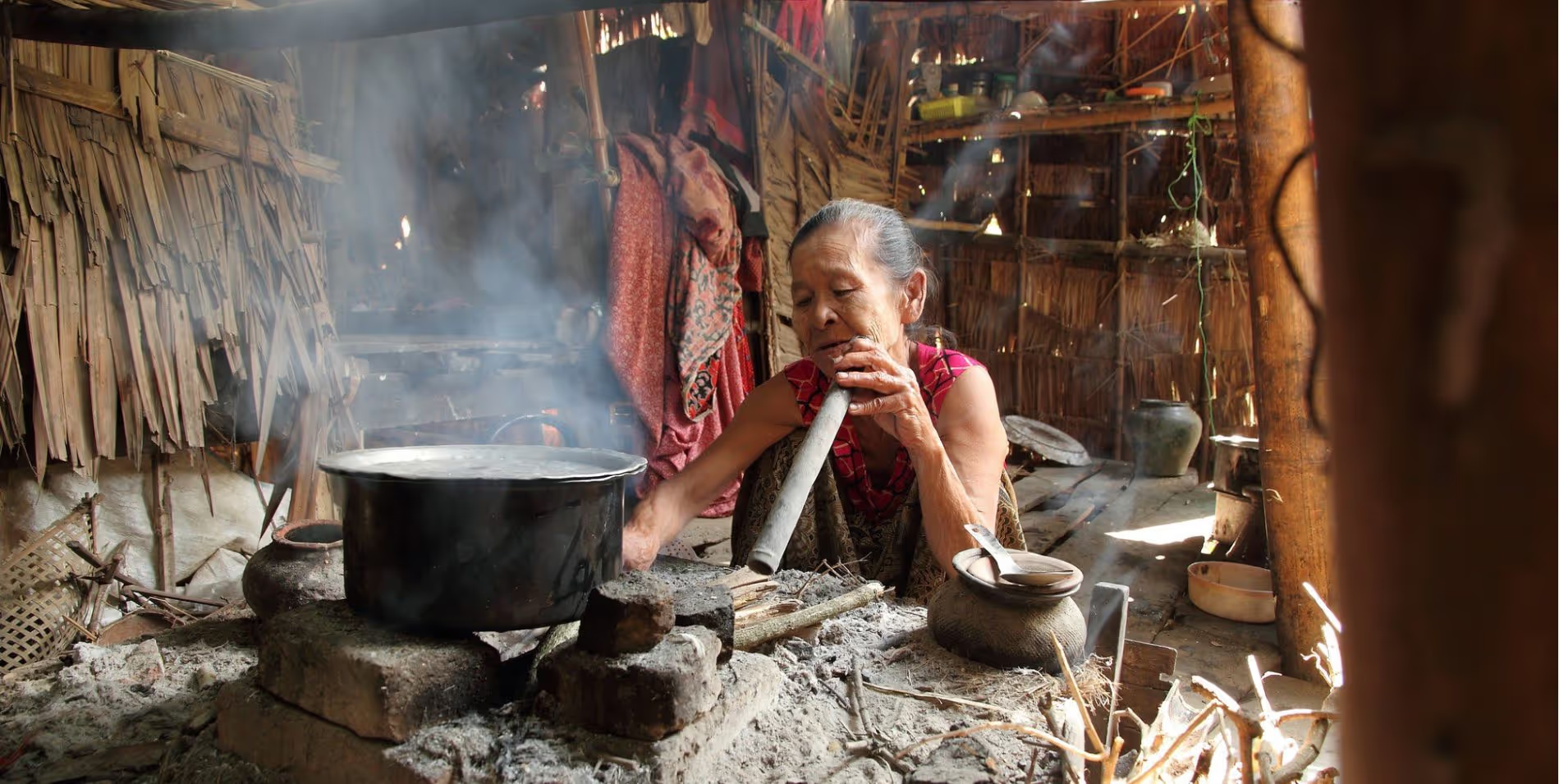New innovation funding for more inclusive humanitarian response

The Humanitarian Innovation Fund (HIF) has launched an innovation challenge on data-driven inclusion on Wednesday 3 August 2022. We are looking to support innovative data collection approaches that will generate action-oriented recommendations on how to make humanitarian action more inclusive of older people and people with disabilities.
This challenge is taking a collaborative data-collection approach. All projects should be delivered between one or more representative organisations – such as older people’s associations (OPAs) and organisations of persons with disabilities (OPDs).
Your data collection approach must draw on existing design methods, such as ‘design thinking’, ‘community-centred design’ and ‘human-centred design’. Responsible data management and a clear ethical framework are required to minimise the risk of harm to individuals and communities.
Teams will have up to 175,000 GBP and 18 months to develop and implement their innovative approaches, create a step-by-step guide to their approach, and produce recommendations to make a specific humanitarian programme more inclusive.
RESPONDING TO THE GAP ANALYSIS
Our innovation challenges are problem-led and evidence-based. To support these principles, we commissioned a gap analysis on the inclusion of people with disabilities and older people in humanitarian action.
Published in 2020, the gap analysis identifies and prioritises barriers to, and opportunities for, more inclusive response. It highlights areas where innovation could make humanitarian response more inclusive. These include ‘going beyond basic data collection’ and ‘adapting to local and diverse contexts’.
In refining ideas for our next innovation challenges, we discussed the findings of the gap analysis with our dedicated Technical Working Group (TWG), and spoke to a range of people, including a volunteer reference group and members of the International Disability Alliance.
Before applying, you'll need to read the Challenge Handbook which outlines the challenge in full as well as sets out eligibility criteria and timelines.
WHY FOCUS ON DATA COLLECTION?
Most humanitarian actors recognise the need to collect and use data disaggregated by disability and age. This data, however, is not yet routinely collected.
There also are big gaps in qualitative data, such as data on the risks and barriers to accessing humanitarian programming faced by older people and people with disabilities, and the specific needs, roles and capacities of individuals. This type of data is essential to design effective and inclusive humanitarian programming.
The data we do have is sometimes collected without a clear objective in mind, rather than focused on informing decision-making and planning. There has also been little collaboration between humanitarian and representative organisations, namely OPAs and OPDs.
While approaches such as ‘design thinking’ and ‘community-centred design’ have been used by humanitarian organisations and actors in some instances to gather targeted, qualitative data, it is clear the sector needs more support for innovative approaches that are more inclusive and appropriate for humanitarian settings.
HOW TO APPLY
All the information you’ll need is available in our Challenge Handbook and Funding Opportunities page.
Expression of Interest applications must be made through our Common Grant Application platform by Wednesday 14 September 2022 at 12:59 BST.
This innovation challenge is supported by the UK Foreign, Commonwealth and Development Office (FCDO).
Stay updated
Sign up for our newsletter to receive regular updates on resources, news, and insights like this. Don’t miss out on important information that can help you stay informed and engaged.
Explore Elrha
Learn more about our mission, the organisations we support, and the resources we provide to drive research and innovation in humanitarian response.